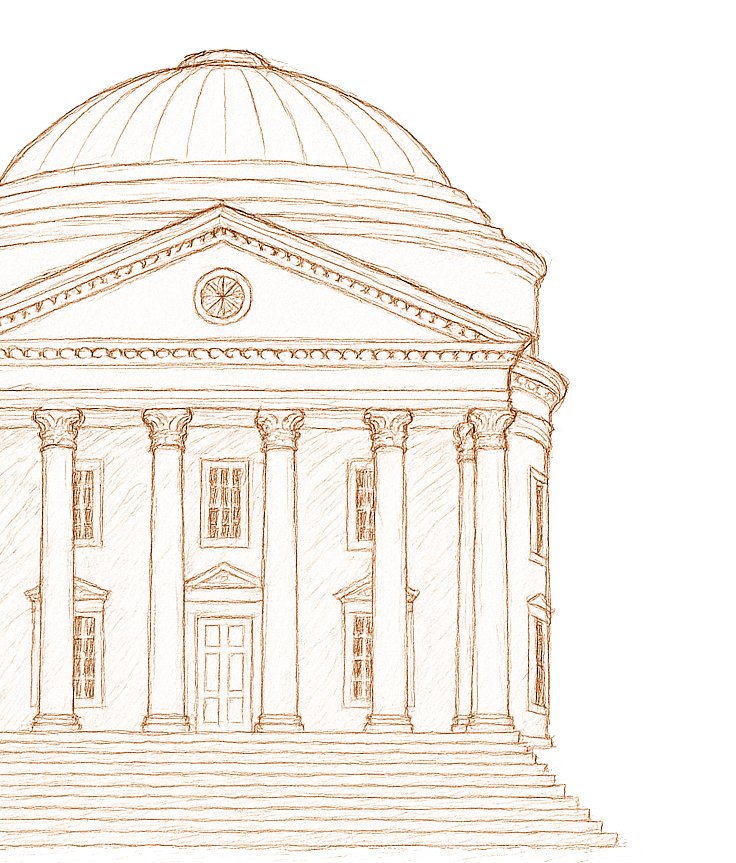
THE NATIONAL ENDOWMENT FOR THE HUMANITIES (NEH) TALK SERIES
NEH TALK SERIES
ACHIEVING AUTHENTICITY IN A TECHNOLOGY-MEDIATED TASK-BASED CHINESE LANGUAGE COURSE
BY MIAO-FEN TSENG
DANIELS FAMILY NEH DISTINGUISHED TEACHING PROFESSOR
INAUGURAL DIRECTOR, INSTITUTE OF WORLD LANGUAGES
UNIVERSITY OF VIRGINIA
This talk series will be delivered in Chinese and are open to Chinese language educators in the globe.
Authentic task-based curricula are reshaping the future of world language teaching and learning in the post-methods era. The National Endowment for the Humanities (NEH) Talk Series will highlight the theoretical framework of Task-Based Language Teaching and illustrate a variety of tasks in multiple ways. The talks are designed to deepen CFL educators’ understanding of task design, implementation, assessment, and effective technology use in CFL classes. The series focuses on course design for pre-advanced Chinese and includes eight presentations: four in fall 2021 and four in spring 2022. The presentations are sequenced and interconnected in alignment with a spiral-up approach. They offer guiding principles for creating authentic curricula and authentic tasks, suited across levels. Information about the 2022 spring series will be released in January, 2022.
Zoom Webinar Link: https://bit.ly/NEH-Zoom
Registration Link: https://bit.ly/NEH-Register
Please contact the event coordinator Dr. Ziyi Geng (zg8md@virginia.edu) and technology specialist Dr. Yan Gao (swallowgao2000@gmail.com) for further questions.
TALK #1: AUTHENTICITY AND TASKS: RATIONALE, CURRICULUM, AND DESIGN
DATE/TIME: 7:00-8:30PM (US EASTERN TIME), WEDNESDAY, SEPTEMBER 8
MODERATOR: CHARLES LAUGHLIN
This presentation illuminates authenticity and tasks, the two notions that govern the design and implementation of a technology-mediated task-based language course, which will shape the future of teaching Chinese as a foreign language. The talk aims to provide an overview of curricular design, highlight syllabus essentials, and outline versatile technology tools selected to reinvigorate learning and fulfill curricular and pedagogical goals.
TALK 2: ORCHESTRATE A THEMATIC UNIT THROUGH A SEAMLESS PROCESS: TASK DESIGN, IMPLEMENTATION, AND PROCEDURE
DATE/TIME: 7:00-8:30PM (US EASTERN TIME), WEDNESDAY, OCTOBER 6
MODERATOR: HSIN-HSIN LIANG
This presentation demonstrates how a thematic unit can substantiate two central notions at the heart of course design: authenticity and tasks. Specifically, it illustrates how task-based active learning is made possible through a seamless process with two essentials: 1) a three-stage daily learning cycle including pre-task, during-task, and post-task stages, and 2) a six-day learning cycle, spiraling up a sequence of tasks.
TALK #3: AUTHENTIC INTERACTIVE TASKS IN SPEAKING: DESIGN, IMPLEMENTATION, AND SAMPLE WORK
DATE/TIME: 7:00-8:30PM (US EASTERN TIME), WEDNESDAY, NOVEMBER 10
MODERATOR: RAN ZHAO
This presentation demonstrates a wide array of speaking tasks that help learners master language functions and fulfill different pedagogical goals, procedurally and progressively. In this presentation, student-centeredness is the guiding principle for creating pedagogical and authentic tasks that maximize interaction, engagement, and active learning in a diversity of immersive and real-life settings.
TALK 4: AUTHENTIC INTERACTIVE TASKS IN WRITING: DESIGN, IMPLEMENTATION, AND SAMPLE WORK
DATE/TIME: 7:00-8:30PM (US EASTERN TIME), WEDNESDAY, DECEMBER 8
MODERATOR: SHU-CHEN CHEN
This presentation introduces five types of writing tasks, with different degrees of authenticity, collaboration, and learner autonomy. This session also includes the effective principles and strategies for providing corrective feedback, including a combination of one-on-one communication, predominantly in a teacher-centered approach, and interactive discussion, conducive to cooperative learning in both process and product. With the paradigm shift to student-centered community learning, learners’ self-regulation and agency increase; these are essential for desirable outcomes.
The series is organized by the Institute of World Languages at the University of Virginia.